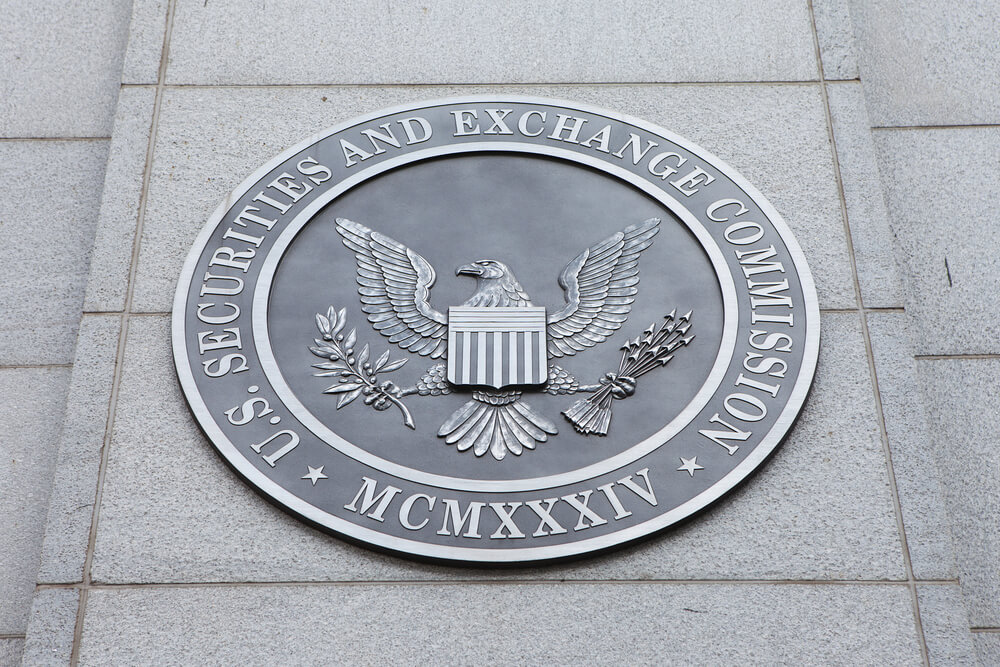The SEC still has a lot of concerns regarding initial coin offerings. Although no official regulation has been presented, it is only a matter of time. For now, the agency is weighing questions regarding newly-registered funds planning to hold Bitcoin and other cryptocurrencies. Policing such investment activities is not easy by any means. The concept of digital assets associated with investing raises more questions than answers right now.
It is evident the SEC plans to do something about initial coin offerings in the future. How that will be achieved, is still shrouded in mystery. Introducing ICO regulation has proven to be far more problematic than originally assumed. More specifically, there are a lot of questions regarding the policing of these investments. There is no applicable law or framework in place as of right now
SEC is Still Working on ICO Regulation
For the SEC, it is important not to stifle innovation in the financial sector. A lot of projects show an interest in the ICO fundraising model. Issuing new digital tokens which will derive value from the company’s efforts is not illegal in the US. However, the question becomes whether or not such tokens are automatically securities or not. This question poses a lot more issues than the agency had assumed initially. For now, we are no step closer to any official guidelines in this regard.
SEC Division of Investment Management’s Dalia Blass comments as follows:
“We also continue to think about new innovations in asset management. For example, we have seen several filings for registered funds that would hold cryptocurrency. As with any new product, there are questions to ask. “How would these funds fit into the existing regulatory scheme? What regulatory structure or structures apply to the market for the underlying instrument? We will be discussing these questions with you as we work through these filings.”
For the time being, ICOs will evade SEC scrutiny. However, any company catering to US investors may still find itself in contested waters very soon. After all, the agency recently charged a NY-based individual with violating existing anti-fraud laws. Rest assured this is not the last intervention performed by this agency in an official capacity. It is evident initial coin offerings are problematic for many different reasons. How all of this will play, is very difficult to gauge right now.
Header image courtesy of Shutterstock



